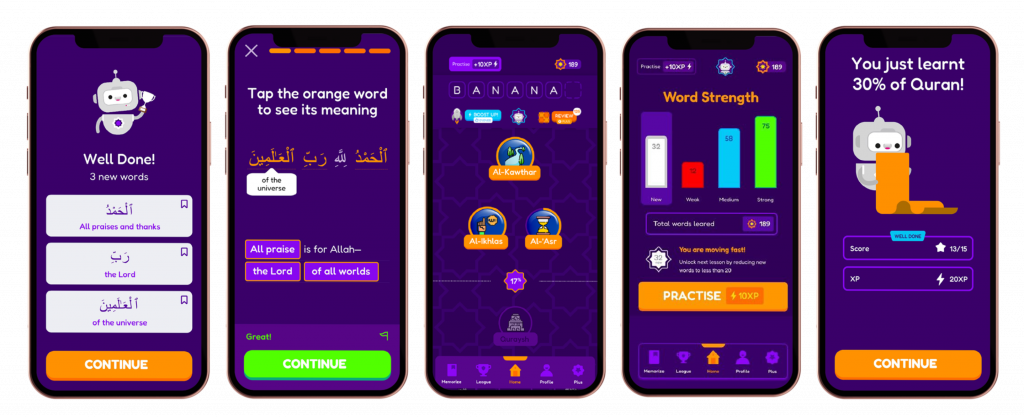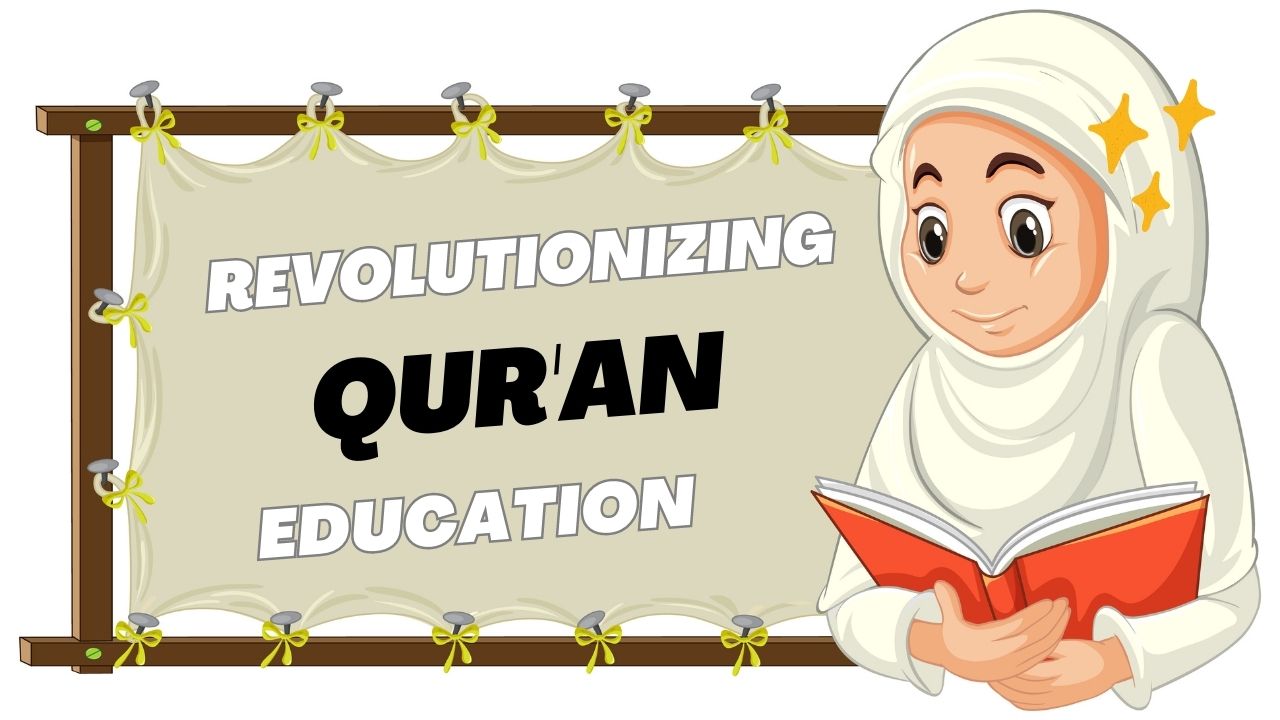
In the digital age, traditional methods of learning have undergone a profound transformation, and education has transcended the boundaries of physical classrooms.
One domain that has greatly benefited from this technological revolution is Quranic education.
Revolutionizing Quran Education
eLearning Quran programs have emerged as a powerful tool, enabling individuals from diverse backgrounds and geographical locations to study and connect with the holy Quran.
In this article, we explore the various aspects and advantages of eLearning Quran, highlighting how it has revolutionized Quranic education.
1. Accessible Learning for All
eLearning Quran has broken down the barriers of time and distance, making Quranic education accessible to individuals across the globe. Regardless of their geographical location, anyone with an internet connection can now access quality Quranic education.
This accessibility has particularly benefited those living in remote areas or countries where access to traditional Quranic education is limited.
2. Flexible Learning Opportunities
With eLearning Quran, learners have the flexibility to study at their own pace and according to their own schedules. Traditional Quranic education often requires fixed timings and commitments, which can be challenging for individuals with busy lifestyles.
eLearning Quran provides the opportunity to learn the Quran at any time and from any place, accommodating the diverse needs and responsibilities of learners.
3. Personalized Learning Experience
eLearning Quran programs offer a personalized learning experience, catering to the unique needs and abilities of individual learners. Advanced technologies such as artificial intelligence (AI) and machine learning algorithms analyze learners’ progress and provide tailored feedback, helping them focus on areas that require improvement. This personalized approach enhances the effectiveness of the learning process.
4. Interactive Multimedia Resources
eLearning Quran platforms utilize a variety of interactive multimedia resources to engage learners and enhance their understanding of the Quran. Audio recitations, videos, animations, and interactive quizzes make the learning experience more engaging, enabling learners to connect with the Quran on a deeper level.
These multimedia resources also facilitate the development of essential Quranic skills, such as Tajweed (correct pronunciation) and Tafsir (interpretation).
5. Qualified and Experienced Instructors
Contrary to the misconception that eLearning lacks human interaction, eLearning Quran programs often employ qualified and experienced instructors who guide learners throughout their journey. These instructors provide one-on-one sessions, answer queries, and offer mentorship, ensuring that learners receive proper guidance and support.
6. Integration of Technology and Tradition

eLearning Quran harmoniously integrates technology with traditional Quranic education. While technology plays a vital role in delivering the educational content, the essence and integrity of Quranic teachings remain intact.
The use of technology serves as a facilitator, enhancing the learning experience and making it more accessible, without compromising the fundamental teachings of the Quran.
7. Social Learning Communities
eLearning Quran platforms create virtual communities where learners can interact and collaborate with fellow students from different backgrounds. These communities foster a sense of belonging, encouraging learners to share their experiences, discuss Quranic concepts, and support one another.
The diversity within these communities promotes a broader understanding of the Quran and strengthens the bonds of brotherhood and sisterhood among learners.
8. Child-Friendly Learning Environment
eLearning Quran programs offer a child-friendly learning environment that caters to the unique needs of young learners. Interactive games, colorful visuals, and age-appropriate content make Quranic education enjoyable and engaging for children.
These programs employ teaching methods that are both educational and entertaining, helping children develop a love for the Quran from an early age.
9. Continuous Learning Opportunities
eLearning Quran facilitates continuous learning by offering a wide range of courses and resources for learners at different levels. Whether one is a beginner, intermediate, or advanced learner, there are courses and materials available to suit their specific needs.
Learners can progress at their own pace and explore various aspects of Quranic education, ensuring a lifelong journey of learning and spiritual growth.
10. Preservation of Quranic Heritage
Through eLearning Quran, the preservation of the Quranic heritage is strengthened. Digital platforms provide easy access to a vast collection of Quranic resources, including translations, exegeses, and historical commentaries.
These resources help learners delve deeper into the Quran, fostering a deeper understanding of its teachings and promoting the preservation of Quranic knowledge for future generations.
Conclusion
eLearning Quran has revolutionized Quranic education, transcending the boundaries of time, location, and traditional constraints. With its accessibility, flexibility, personalized approach, and integration of technology and tradition, eLearning Quran opens doors for individuals to embark on a transformative journey with the holy Quran.
As the digital world continues to evolve, eLearning Quran will undoubtedly play a crucial role in enabling individuals to connect with the divine teachings, promoting a deeper understanding of the Quran, and fostering a global community of Quranic learners. (DW)



